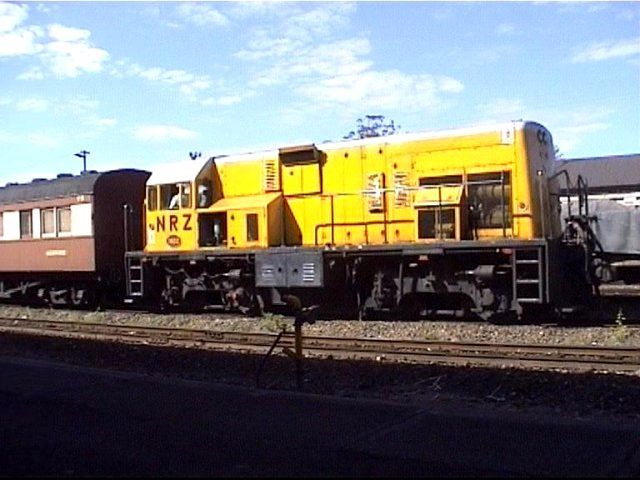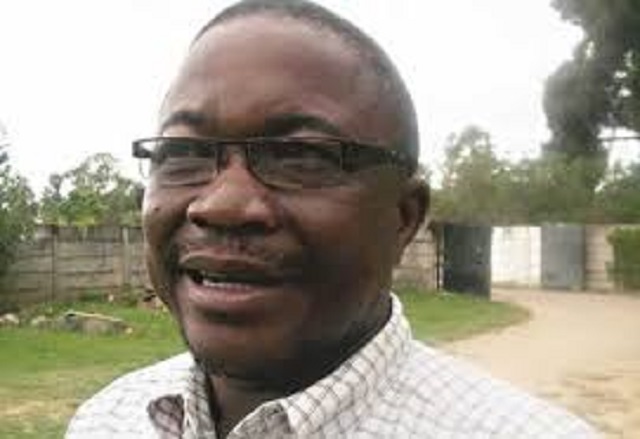‘Bring back volumes to NRZ’


Engineer Louise Mukwada
TRANSPORTATION in general is a key factor in cost competitiveness contributing both input costs and also costs of the final product. There are many examples of products that fail to reach markets especially because of landed costs at ports of entry.
The NRZ has been involved in lots of such discussions. The case in point for instance is the chrome ore exports following the lifting of the export ban. While the ban was followed by a fall in commodity price there has been talk on how the product could be exported at competitive tariffs.
Similarly coal prices have come down. We had a trial run with one of the coal miners a few years ago when we moved coal to Maputo (Maputo) at a certain price. But while we were discussing, the commodity prices fell and by the time we moved the price of coal could not cover the transportation costs.
This illustrates the importance of railway transportation costs. For exports, a study has shown that the costs of inland surface transport for a country like ours to sea port and costs from seaport to across the sea in China or wherever, the inland costs far exceed the inland costs.
This means for us to be competitive as a country we need to address the challenge of transportation. Zimbabwe mainly uses three modes of transport, road, rail and air.
For bulk goods obviously it is cost effective to send them by rail. From a macro-economic point of view it means these three modes must be recognised. Each mode must play its roll to support industry and economic growth. Currently in Zimbabwe and in the region surface transport is dominated by road instead of rail and this is not sustainable.
For industry, while the road may appear convenient in short term, rail on a sustainable basis is certainly cheaper for long distances. Again bulk commodities damage the road. At the moment we talking of an investment of $2 billion Beitbridge to Chirundu Road. Half of that amount could give us almost a first class railway if we spend a billion on railway sector. But if we do not do anything on the railways that $2,2 billion, five years down the line we will need to re-invest because the road will be damaged. This is not to say we should not invest on the road but that investments must be balanced such that each mode of transport plays its role.
From a policy point of view a three-pronged approach has been adopted. First it is to recapitalise the railways to make it cost effective and attractive. Each industry, be it energy, communications, road transport etc, has got its economics and there are characteristic that attract certain investors to that category.
Secondly the railway network has got a little of cost subsidisation. It is easier to pick a corridor on the road to invest on the portion because it can support itself.
With rail it is a bit of a challenge because the railways network cost subsidises itself. Certain routes we have to invest in and maintain to attract growth. The Government has taken the initiative to look at recapitalisation of the railways by inviting investors to come in. As we talk we have just appointed an advisor to help progress faster. I think you have read in the Press a lot of talk about us engaging certain banks and so on.
The other initiative is to address costs. More and more we are under pressure to reduce tariffs and the conversation we are having is not so much about what is your tariff but you need to give us this tariff for us to give you business.
So then the challenge has been how to address that. What will make this business sustainable is to complement volumes and therefore one other initiative taken by the Ministry (transport) is to encourage volumes to come back to rail as opposed to road so that the tariffs that the rail is able to give can be competitive.
I think typically in the past we used to talk of tariffs of 13c per tonne kilometre in the region on the high end and 8c per tonne kilometre on NRZ.
Currently we are around 5c to 2,5c per tonne kilometre. Industry and mines are looking at 3c or so per tonne kilometre for them to be able to export. We can only do this through increase efficiency and volumes and these are the issues the Government is trying to address.
This write-up is an extract from a presentation made by NRZ general manager Eng Mukwada at the CZI congress last Friday.












Comments